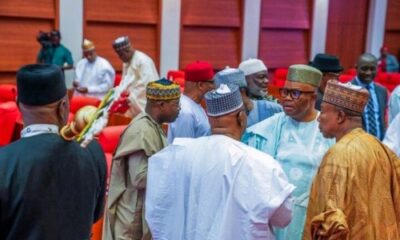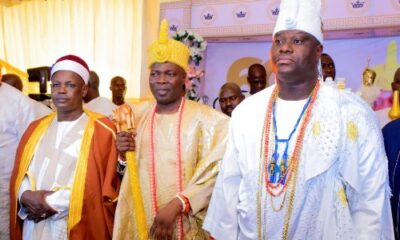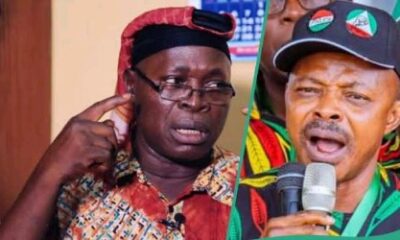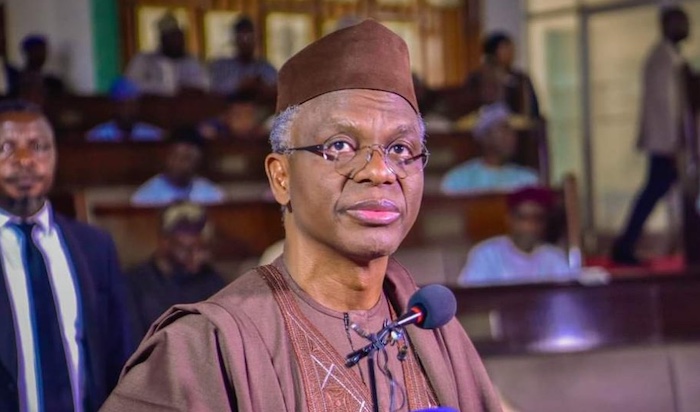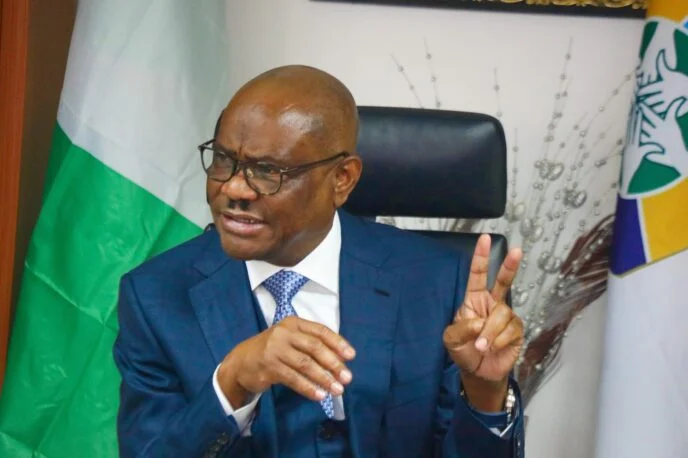BIG STORY
2023: Akinwumi Adesina ‘Submits’ APC Presidential Form
-

 BIG STORY1 day ago
BIG STORY1 day agoBREAKING: Governor Sanwo-Olu Accepts Hosting Rights For BON Awards, Lauds Organisers’ Guinness World Record Bid
-
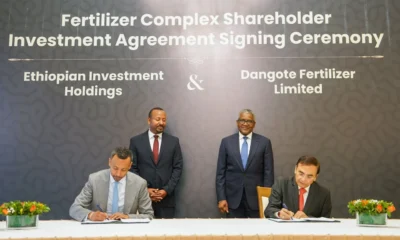
 BIG STORY5 days ago
BIG STORY5 days agoDangote Group, Ethiopia Sign Agreement To Build $2.5bn Fertiliser Plant
-
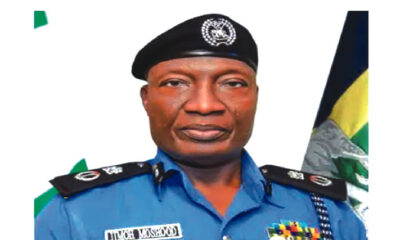
 BIG STORY4 days ago
BIG STORY4 days ago32-Year-Old Lagos Painter Nabbed For Kidnapping Customer’s 7-Year-Old Son
-
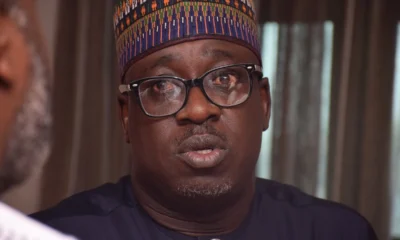
 BIG STORY5 days ago
BIG STORY5 days agoADC Questions INEC Voter Registration Figures, Demands Forensic Audit
-

 BIG STORY2 days ago
BIG STORY2 days agoFirstbank’s ₦1 Trillion Digital Loan Disbursement Milestone And The New Era Of Inclusive Lending In Nigeria
-

 BIG STORY4 days ago
BIG STORY4 days agoGTCO Increases GTBank’s Paid-Up Capital To ₦504 Billion
-

 BIG STORY2 days ago
BIG STORY2 days agoJUST IN: Phyna’s Sister Ruth Otabor Dies After Truck Accident
-

 BIG STORY22 hours ago
BIG STORY22 hours agoBREAKING: Finnish Court Sentences Simon Ekpa To Six Years In Prison For Terrorism Crimes














